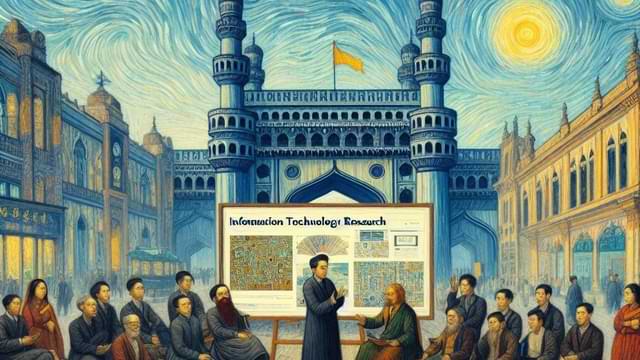Embarking on Scholarly Seas: A Journey through ICIS 2023 Doctoral Consortium
I am thrilled to share my recent experience as a participant in the Doctoral Consortium at ICIS 2023, hosted in the vibrant city of Hyderabad, India. This post is my reflection on the invaluable moments and insights gained during this unforgettable event.
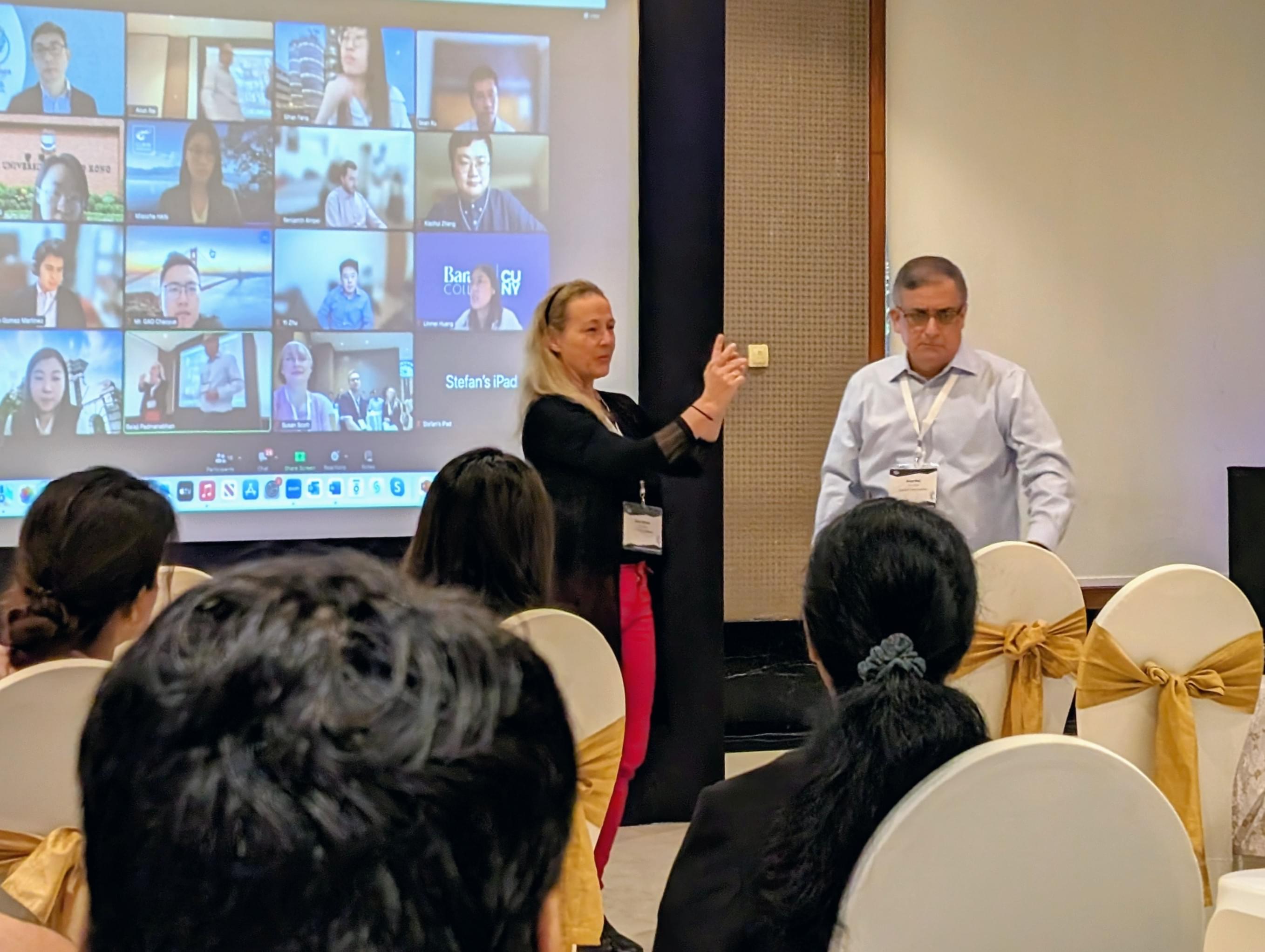
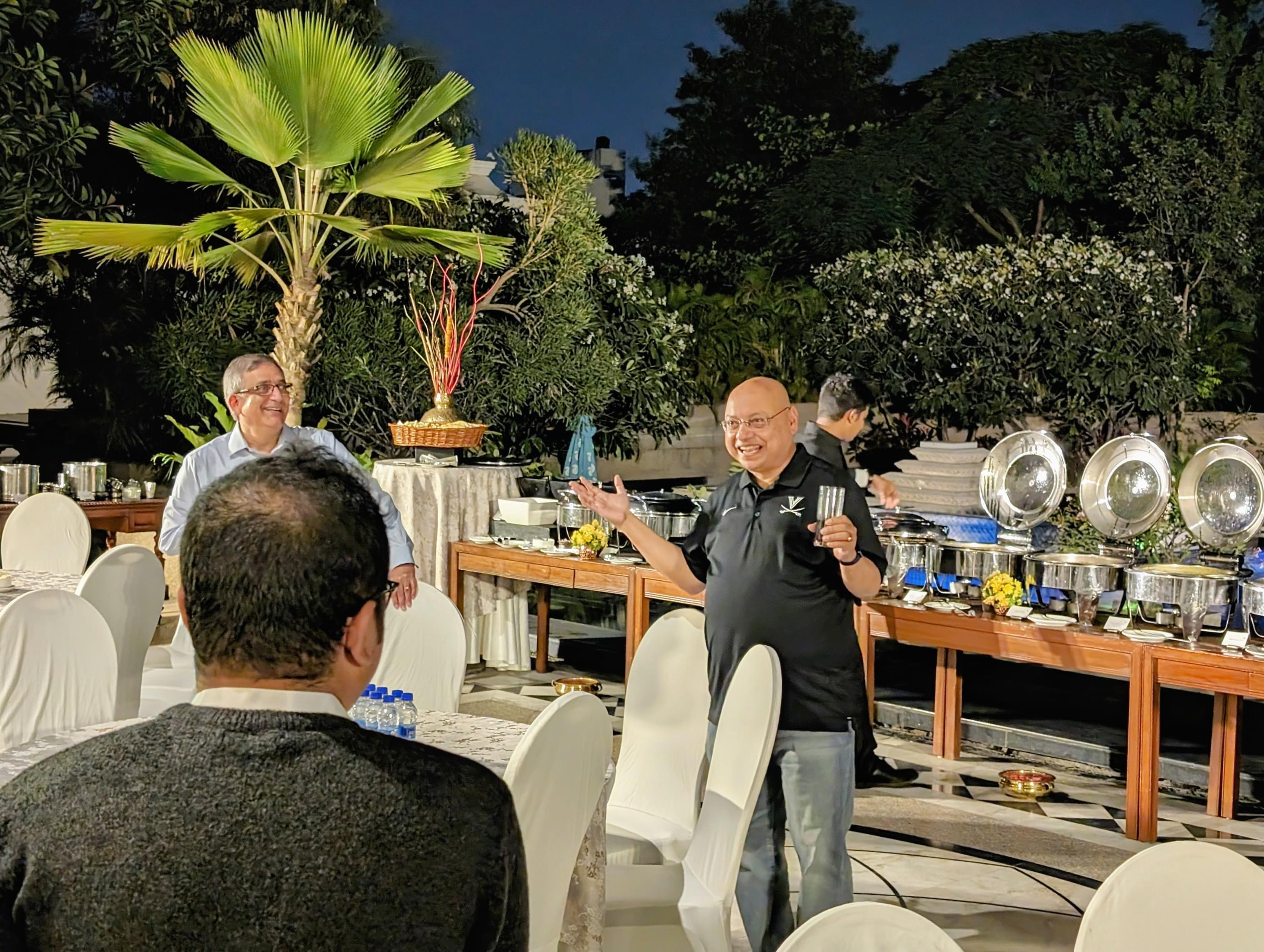
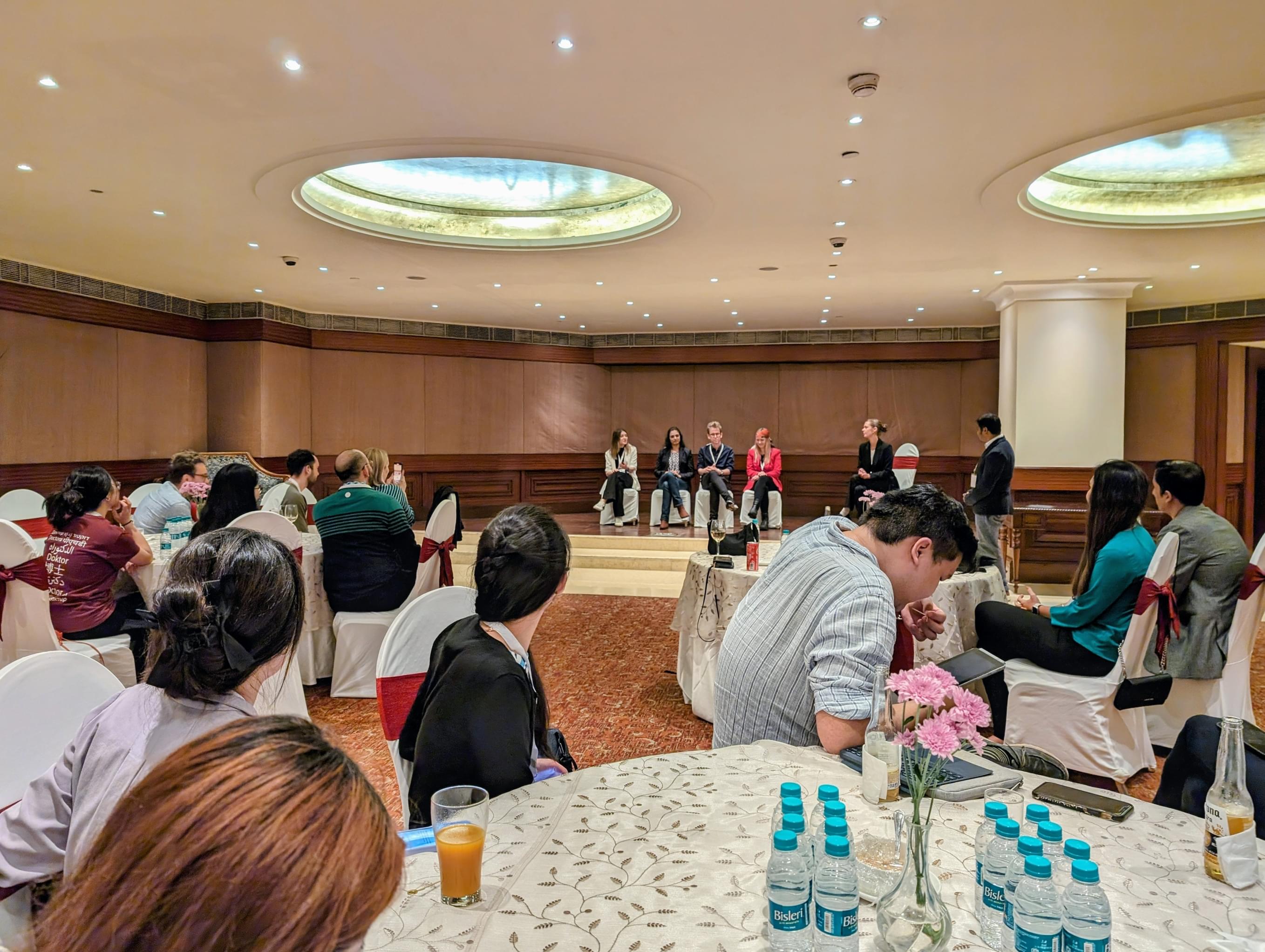
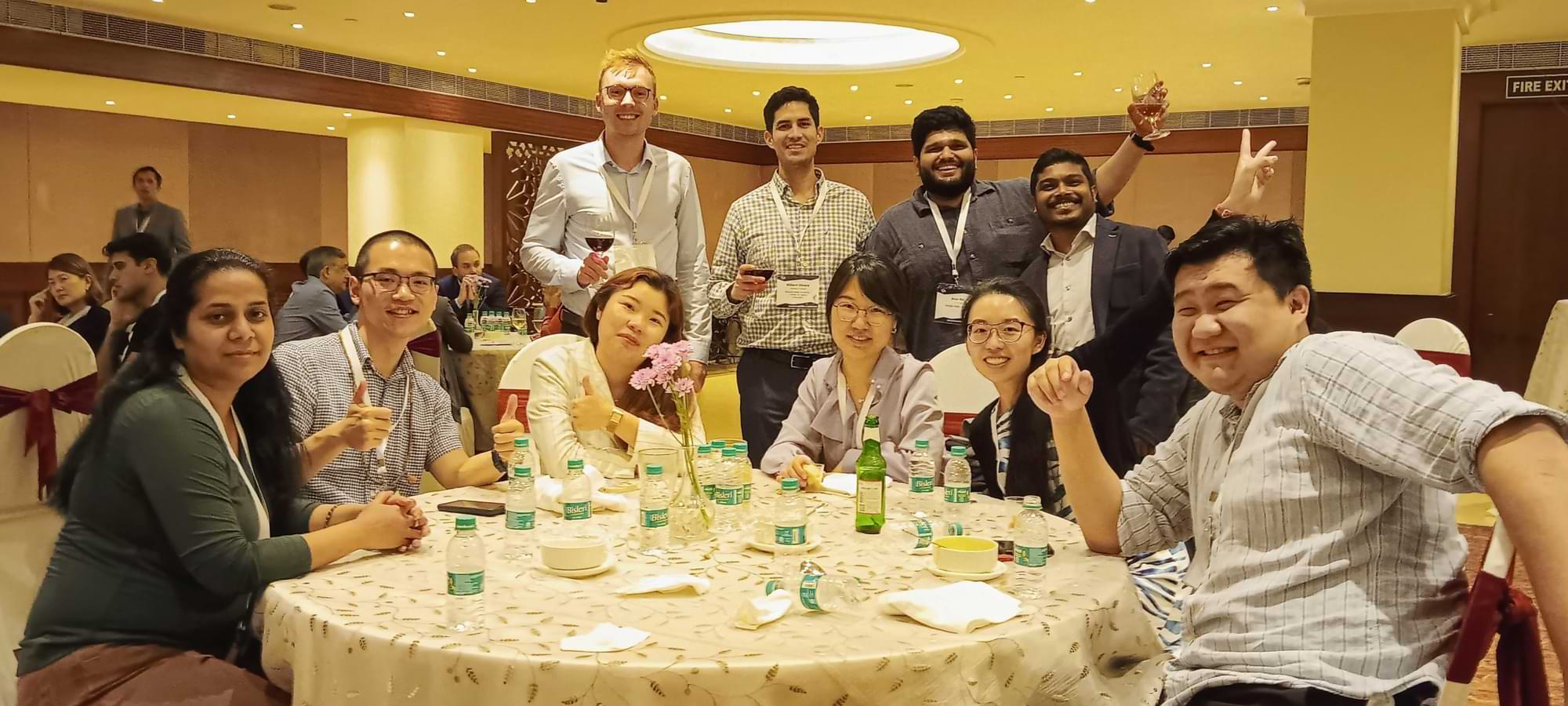
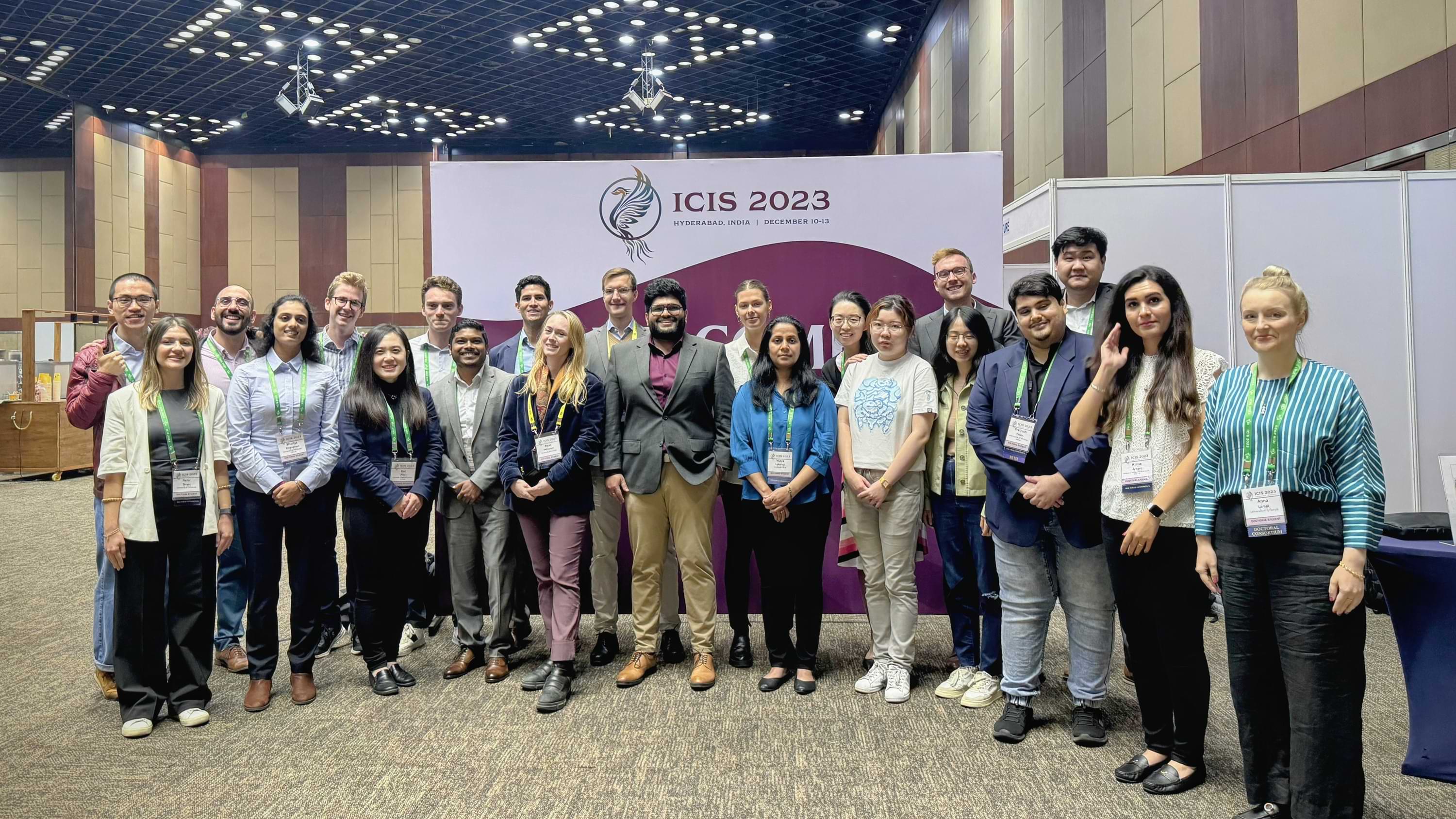
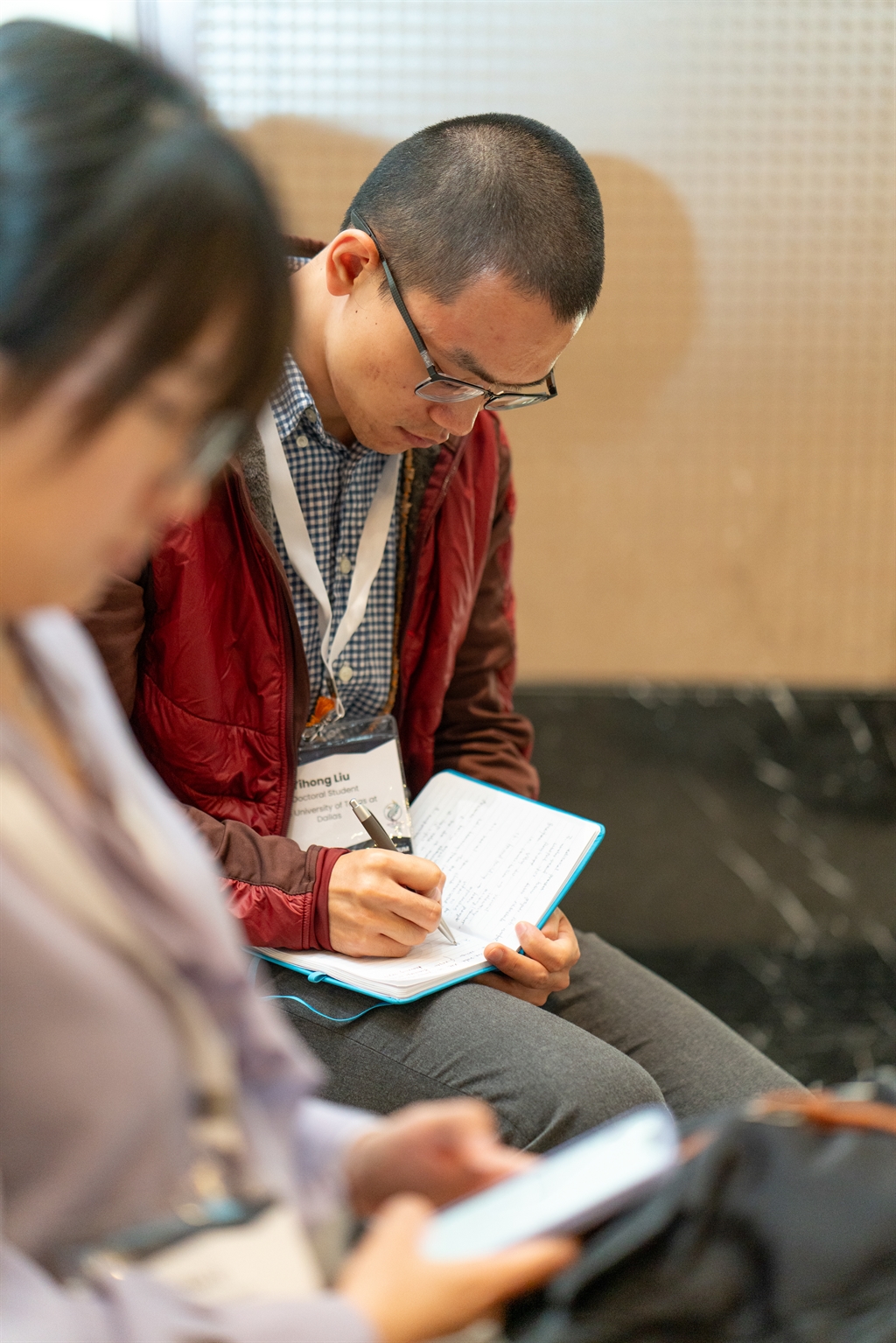
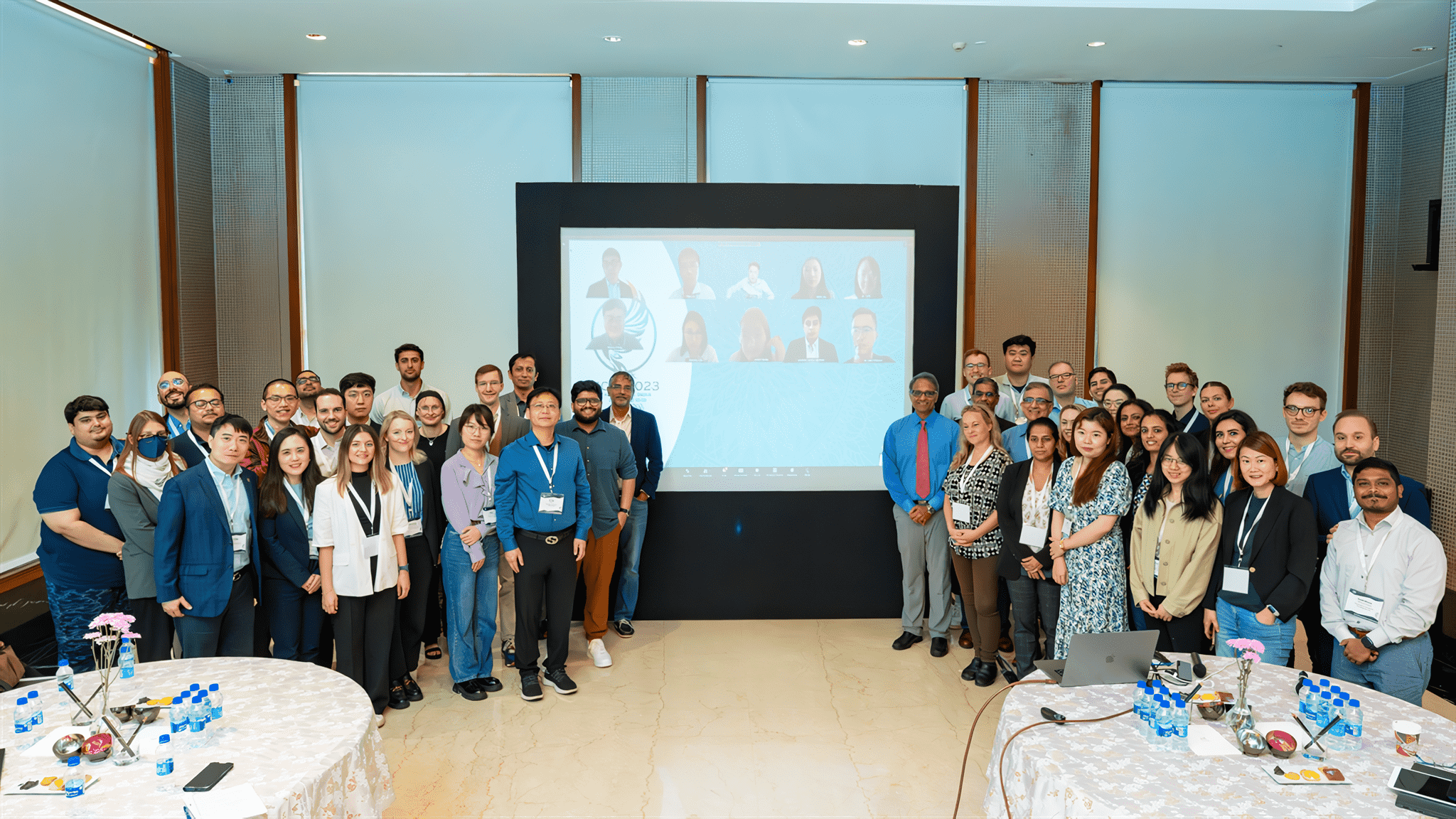
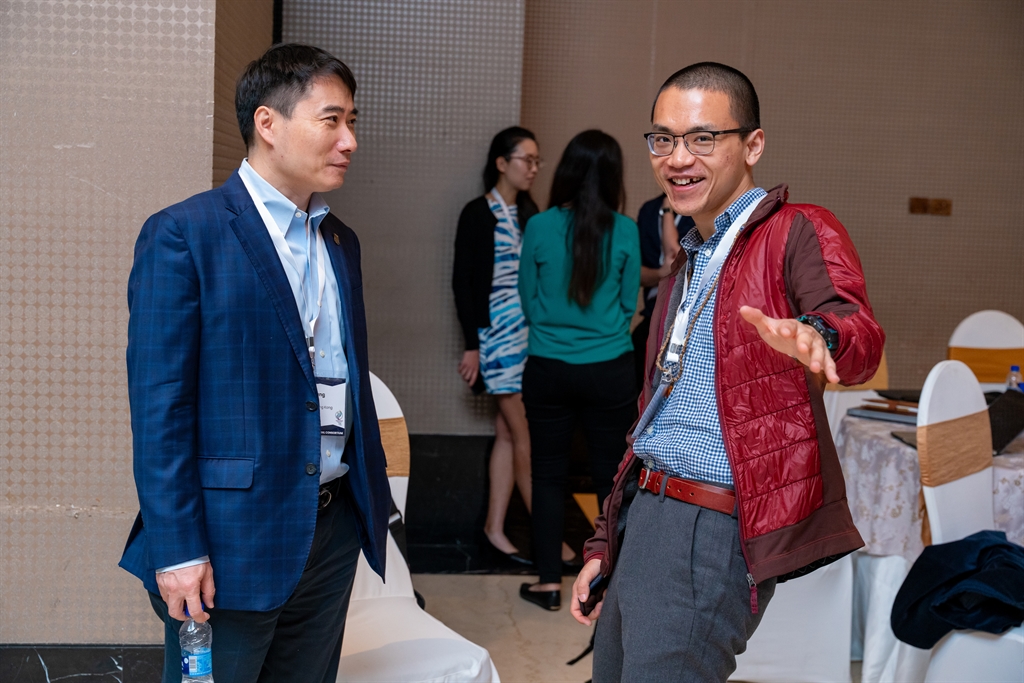
Understanding the Consortium
The Doctoral Consortium, a prelude to the International Conference on Information Systems (ICIS), serves as a playground for Ph.D. students immersed in the realm of Information Systems research. Here, attendees embark on a journey that extends beyond geographical borders and academic institutions. The consortium offers a unique platform to:
- Present and Receive Feedback: Engage with faculty mentors and peers, presenting research and receiving invaluable feedback to refine scholarly pursuits.
- Global Perspectives: Immerse in a melting pot of ideas by learning about the diverse research endeavors of peers from various corners of the globe.
- Career Exploration: Gain insights into the nuances of academic and research careers, paving the way for a clearer understanding of the professional trajectory.
- Networking Extravaganza: Forge connections and build relationships with fellow researchers and esteemed faculty members from different countries and institutions.
Who’s in Charge in 2023?
My gratitude goes out to the consortium co-chairs for arranging this enriching encounter and to our renowned faculty mentors, who served as the guiding lights throughout our consortium journey. Moreover, a significant moment was bestowed upon us by our esteemed keynote speaker:
| Eivor Oborn | Warwick University |
| Arun Rai | Georgia State University |
| Sean (Xin) Xu | Tsinghua University |
| Balaji Padmanabhan | University of Maryland | Group 1 |
| D.J. (Dongjun) Wu | Georgia Institute of Technology | Group 1 |
| Wai Fong Boh | Nanyang Technological University | Group 1 |
| Matti Rossi | Aalto University | Group 2 |
| T. Ravichandran | Rensselaer Polytechnic Institute | Group 2 |
| Susan Scott | London School of Economics and Political Science | Group 3 |
| Zhenhui (Jack) Jiang | University of Hong Kong | Group 3 |
| Saonee Sarker | Virginia Tech | Group 4 |
| Stefan Seidel | University of Cologne | Group 4 |
| Sean (Xin) Xu | Tsinghua University | Group Online |
| Xin Li | City University of Hong Kong | Group Online |
| Ramayya Krishnan | Carnegie Mellon University |
The Application Journey
Embarking on this adventure, I discovered that the consortium is highly selective. This year, the ICIS consortium allowed only one student to be nominated from each university or institution. The application process was a thoughtful exercise, requiring the submission of a summary of my current dissertation in the form of a short paper, which details my research question, motivation, methodologies, and contribution to the Information Systems field.
However, the eligibility criteria, application procedures, and selection process may vary from year to year and depend on the conference host (such as ICIS, ECIS, AMCIS, or PACIS).
The heart of the selection process lies in the hands of the consortium co-chairs and faculty mentors. They meticulously reviewed each submission, considering the depth and potential impact of the research. Out of numerous submissions, only the top 40 students were selected to participate in the consortium, making it a truly prestigious and competitive opportunity.
My Journey Timeline
Let’s take a glimpse at the key milestones that shaped my path from program nomination to standing at the doors of the consortium.
| Date | Milestone |
|---|---|
| May 9 | Institutional Nomination Submission |
| May 18 | Institutional Nomination Announcement |
| May 29 | Consortium Nomination Submission |
| July 29 | Nomination Acceptance Notification |
| Sep. 12 | Visa Application Submission |
| Nov. 29 | Visa Approval |
| Dec. 2 | Visa & Passport Deliver |
| Dec. 6 | Consortium Start |
| Dec. 8 | Consortium End |
| Dec. 9 | Shuttle to ICIS |
Consortium Composition
A typical day in the consortium unfolds in three main parts: (a) presentations and discussions; (b) panels and/or keynotes; and (c) networking. While I’ll focus on the first part here, I’ll cover panels and keynote content in the following sections. Networking? Well, you’ve got your own unique way of handling that better than I do!
In the first part, we were divided into groups of seven or eight attendees and two or three faculty mentors. Each group member had an hour to present their dissertation research, receive feedback from faculty mentors and fellow group members, and engage in a collective discussion about questions, suggestions, and comments.
Before the consortium, I received guidance to prepare slides for a concise ten-minute presentation of my research. The emphasis was on focusing the presentation on questions I grappled with, seeking feedback from mentors and group members. It was assumed that everyone had already reviewed my summary short paper and slides. Additionally, I was expected to familiarize myself with the work of others in my group, preparing constructive feedback to share after their presentations.
The time allocation for presentation and discussion was strategically set at ten versus fifty minutes. This ratio favored discussion, proving to be constructive given the preparedness of all participants. The experience contrasted with typical conference presentations where a 20-minute presentation is followed by a brief five-minute discussion.
An unexpected and enriching aspect was the exposure to unfamiliar research methodologies through reading my peers’ papers. Yet, I did encounter some challenges. The audience occasionally sought clarification during presentations to offer more insightful feedback. This taught me a crucial lesson – tailoring my presentation to the audience. Making my message intellectually accessible resulted in less confusion and higher engagement, leading to feedback of better quality.
Another point of reflection was the wish for electronic feedback from each group member. Juggling notetaking and responding to real-time comments proved challenging. Implementing a system where each member could electronically note and deliver their feedback (e.g., a Word document) would ensure that nothing is missed, and the audience is accountable for carefully reviewing my summary paper.
Timetable of A Typically Consortium Day
| Time | Activity |
|---|---|
| Breakfast | |
| 8:20 – 9:20 | Panel/Keynote |
| 9:30 – 10:30 | Presentation & Discussion |
| 10:30 – 11:00 | Coffee Break |
| 11:00 – 12:00 | Presentation & Discussion |
| 12:00 – 13:30 | Lunch |
| 13:30 – 14:30 | Presentation & Discussion |
| 14:40 – 15:40 | Presentation & Discussion |
| 15:40 – 16:10 | Coffee Break |
| 16:30 – 17:30 | Presentation & Discussion |
| 18:30 – 20:30 | Dinner |
| Free time |
Panel 1: Research and Teaching
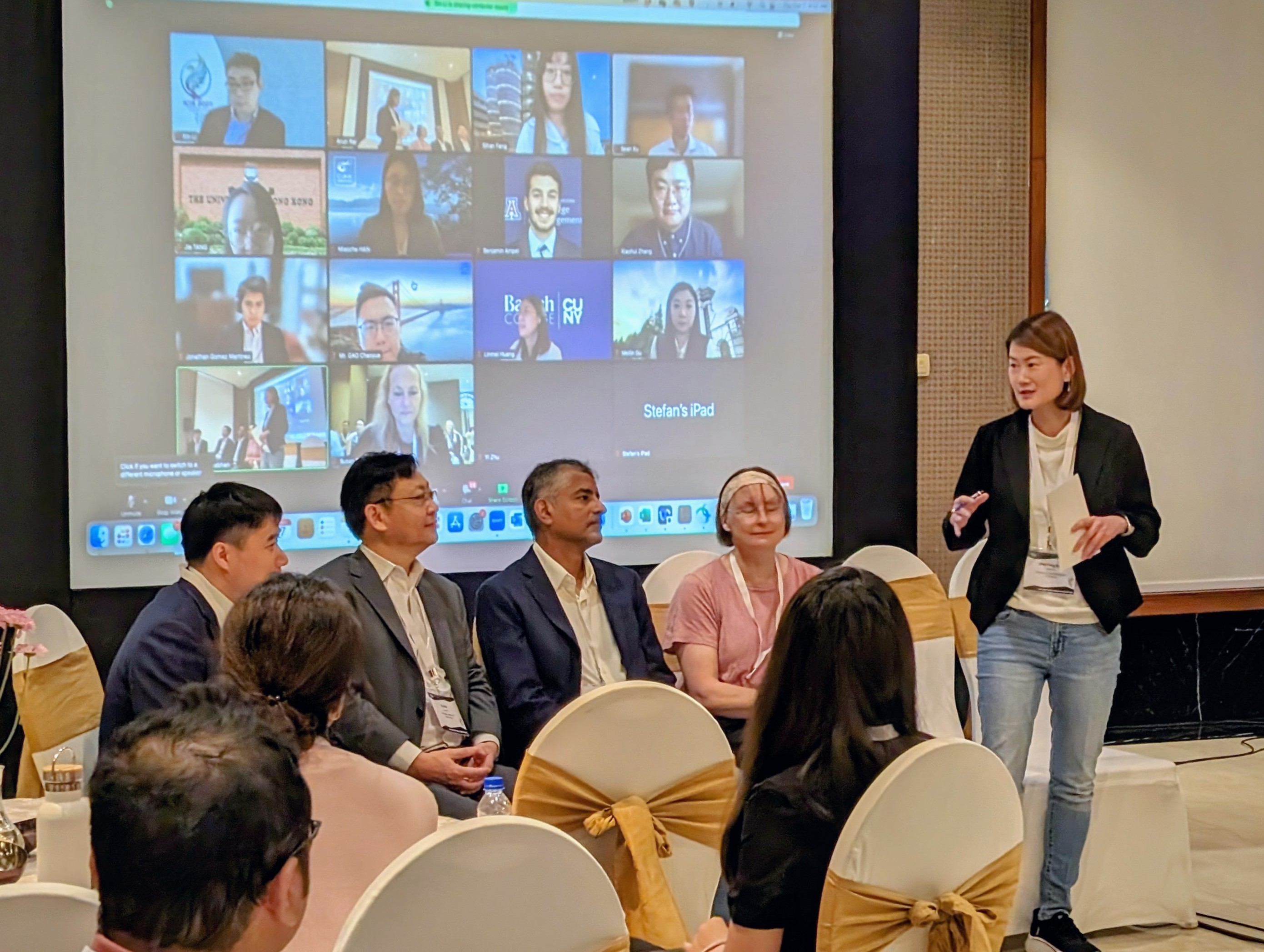
- Moderator: Wai Fong Boh
- Members:
- Balaji Padmanabhan
- D.J. (Dongjun) Wu
- Susan Scott
- Zhenhui (Jack) Jiang
Job Search Insights
- Discover Your Fit: Look beyond the academic landscape. Visit potential locations, feel the vibe, and embrace the environment to gauge the perfect fit for you.
- Challenge Assumptions: Don’t let assumptions hold you back. Apply to institutions you might think won’t appreciate your candidacy—you might be pleasantly surprised.
Navigating the Tenure Process
- Embrace Change: Transitioning from student to faculty is a significant shift. Adapt your approach to work, life, and mindset accordingly.
- Manage Your Time Wisely: Juggling research, teaching, and other commitments can be overwhelming. Develop strong time management skills, including maintaining a detailed to-do list to make every minute count.
- Document Everything: Keep a record—physical or digital—of your journey. It’ll serve as a valuable reference when memories fade.
- Build a Support System: Cultivate a supportive network, both socially and academically. Seek guidance from mentors within your department and the local community.
Research Nuggets
- Celebrate Diversity: Appreciate the myriad research methodologies in the Information Systems field. Respect the work of others, even if it differs from your own.
- Strategic Citations: When submitting to journals, cite relevant papers from that specific journal.
- Real-World Impact: Elevate your research by highlighting its practical implications. Clearly communicate the real-world questions your work addresses and who stands to benefit.
Teaching Takeaways
- Mission Alignment: Align your teaching with the school’s mission. Understand the broader impact of your educational role.
- Strive for Excellence: Teaching isn’t just a requirement; aim for excellence. Practice consistently to refine your skills.
- Mentorship Matters: Be a mentor and role model for your students. Understand their challenges and stressors.
- Explore IT Teaching Workshops: Stay updated with IT teaching workshops to enhance your teaching skills. Check out events like the ones at:
Panel 2: Service and the Global Community
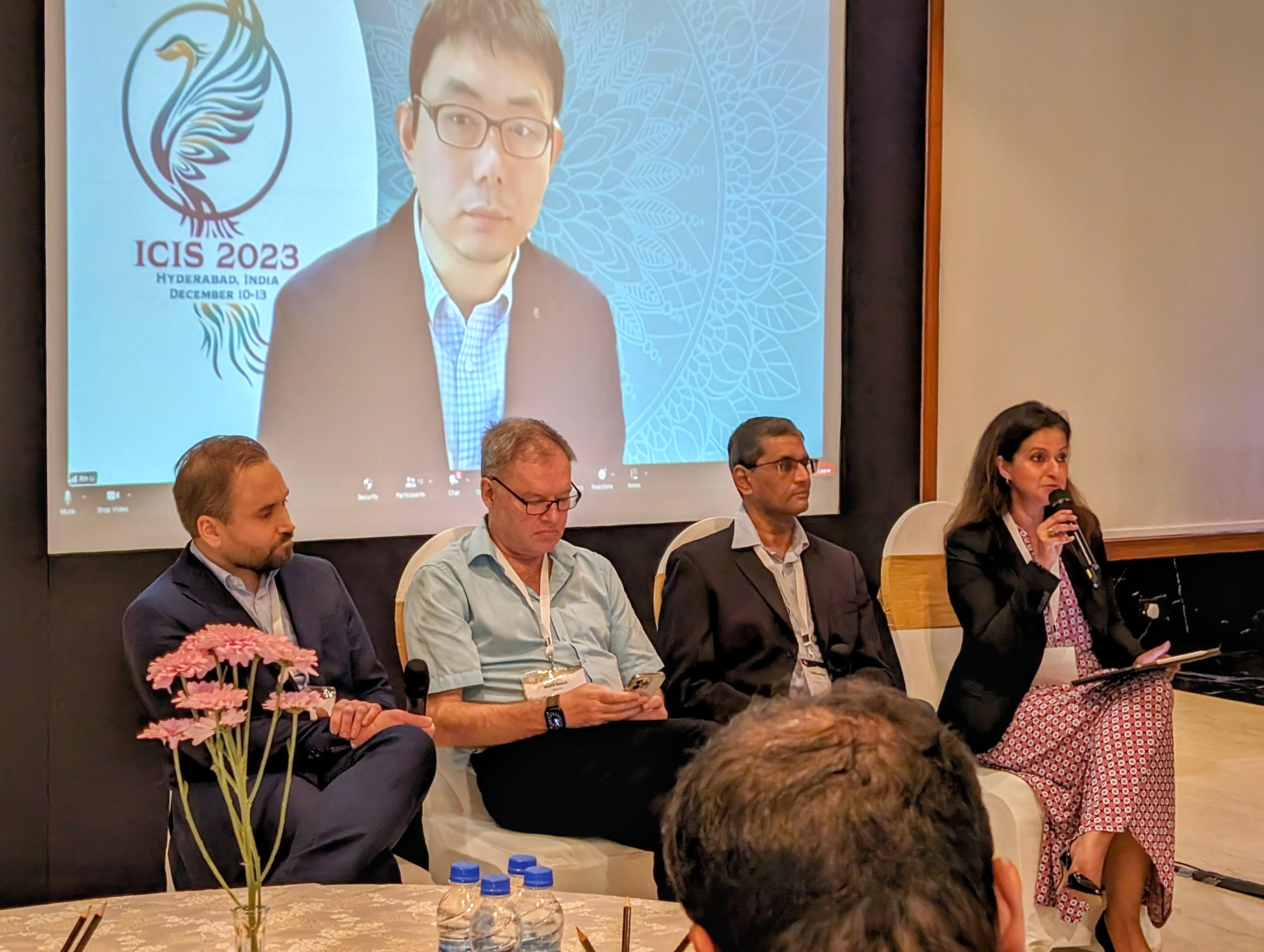
- Moderator: Saonee Sarker
- Members:
- Matti Rossi
- Stefan Seidel
- T. Ravichandran
- Xin Li
Investing Time and Energy
Service demands time and energy, yet it bestows upon you identity, accomplishment, access to information, the latest works, and valuable resources. It’s a pathway to knowing people globally, opening doors to new ideas and collaborations with individuals who offer diverse perspectives. The relationships you build through service can be enduring.
Building Your Personal Brand
Recognize that service plays a crucial role in shaping your personal brand. It defines what you’re associated with and influences how people approach you. Showcase your abilities through meaningful contributions, as it adds to your professional identity.
Choosing Your Service Role
Select your service roles thoughtfully. Consider how each role aligns with your evaluation, contributing not only to your research but also to your teaching. Be mindful that certain types of organizational and academic services may be limited for junior scholars.
Navigating Editorial Responsibilities
If you venture into reviewing, understand the editorial hierarchy—from reviewer to editor, associate editor, senior editor, and the editorial board. Approach the reviewing process responsibly by being constructive, respectful, and inclusive.
Balancing Perspectives
Learn to disagree with colleagues regarding which service activities to undertake. Prioritize urgent and important tasks while considering the diverse perspectives within your academic community.
Approaching Regional Communities
Forge connections with different regional communities based on commonalities and shared aspects. Acknowledge that institutions in varied regions have distinct expectations for services, teaching, activities, and publication requirements. Tailor your goals by understanding the diverse compositions within IS departments.
Keynote: People, Policy and Technology: Highlights from My Academic Journey
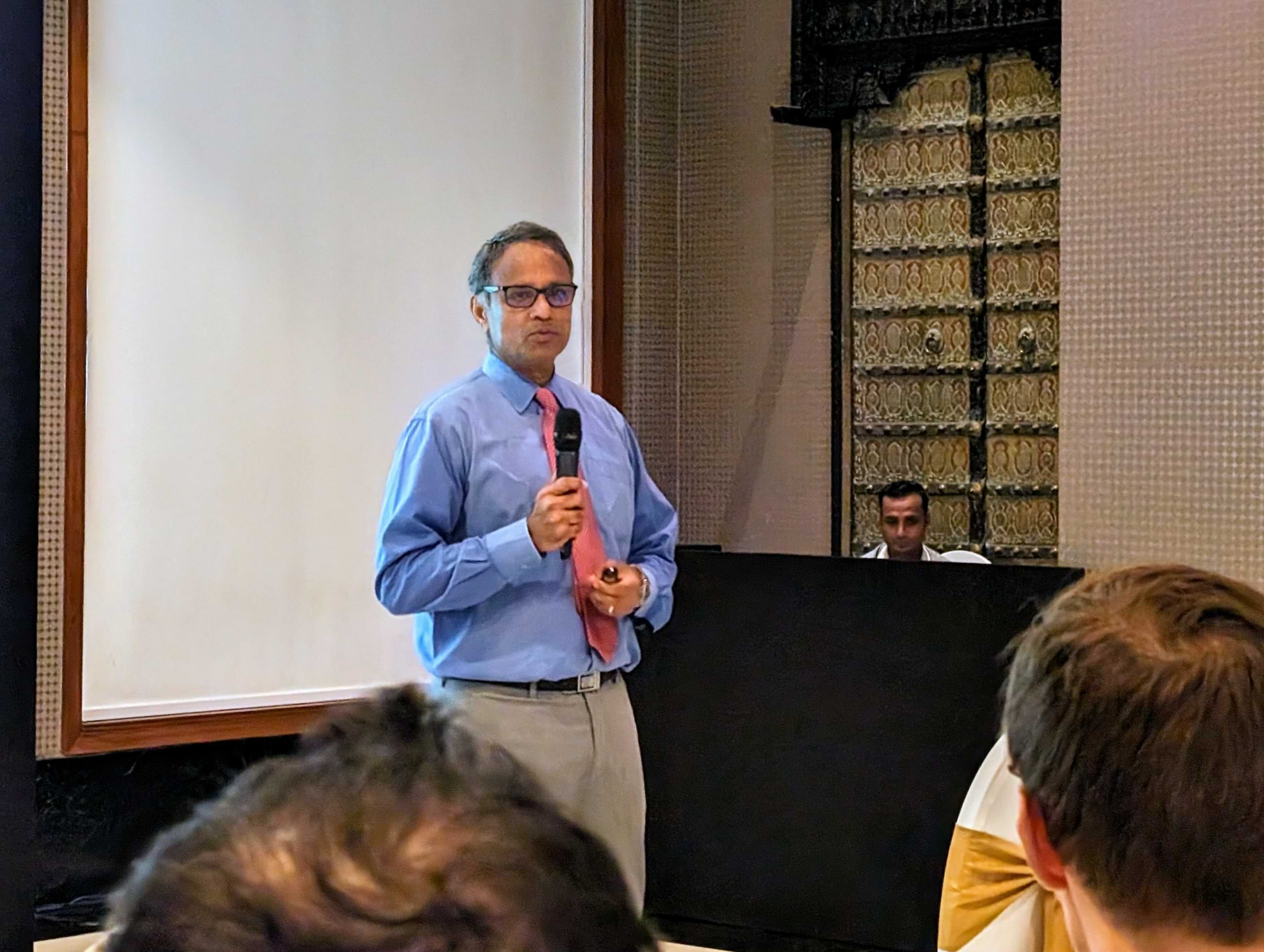
Preparing for the Journey
- People: Collaborating with leaders in Operations Research, Information Systems, Marketing Economics, and AI.
- Building Comparative Advantage:
- Cultivating intellectual curiosity in studying digital technology as a decision-making enabler.
- Developing deep methodological strength in statistics, optimization, and computing.
- Embracing problem-driven research, which opens avenues for interdisciplinary studies at the interface of IT, OR/Data Science, Social Science, and Computer Science.
- Choosing problems that offer opportunities to impact the discipline and beyond while contributing to science.
- Early Exposure: My journey as a Ph.D. student involved impactful projects, including a Franz Edelman Award-winning project on the use of IS and OR in production, distribution, and marketing with Citgo Petroleum.
- Developing a Personal Brand:
- Establishing a reputation for a cumulative and coherent body of work.
- Striving for impact within and beyond the discipline.
- Investing in trusted relationships that not only benefit personal work but also the organization.
- Maintaining a spreadsheet of future letter writers and nurturing those connections regularly—they are your fan club.
- Giving back.
Pathways to Impact
Scholarly Impact:
- Achieving publications in top journals and conferences.
- Delivering presentations at other universities and industry workshops.
GitHub Repos:
- Making methods available through GitHub repositories, fostering collaboration and knowledge sharing.
Presenting to Policymakers and Business Leaders:
- Actively engaging with organizations like INFORMS and the Computing Research Association, which increasingly provide opportunities for impactful interactions.
Volunteering, Public Policy, and Societal Impact
Giving Back
- Contributing to the academic community as a reviewer, associate editor, senior editor, deputy editor, and editor-in-chief.
Public Policy and Society
- Starting points provided by AIS and INFORMS paved the way for impactful roles like being part of the National AI Advisory Committee to the President, Chair of the AI Futures Committee, and Chair of the DOD Responsible AI Academic Council.
Leadership
- Involving with INFORMS ISS and volunteering as the President showcased the leadership opportunities within our academic community.
Policy-Informed Research and Public Dissemination
- Highlighting the intersection of policy and research, Insights were shared into the trillion-dollar questions of generative AI. His discussion on AI and democracy delved into issues like deep fakes, synthetic media, and the importance of codes of conduct and standards.
- Key areas of policy interest were explored, including pre-deployment concerns about model transparency and auditing, and post-deployment considerations involving CERT for AI.
- Reflecting on the values we design for—fairness, efficiency, robustness, privacy, transparency, inclusiveness, and accountability—pondering the potential harms and impacts, especially on disadvantaged groups.
- Closing his thoughts, he emphasized the need for understanding and evaluating frontier AI models, calling for a multidisciplinary approach drawing from social science, engineering, and computer science.
Key Takeaways
- People matter:
- Nurture relationships with professors, classmates, and colleagues.
- Cultivate an audience for your research, including senior colleagues, policy makers, and decision makers in business.
- Pursue your intellectual interests:
- Don’t be overly constrained by current publication trends; set the trend!
- Think about impact:
- Look beyond the next paper; seek coherence and cumulativeness in your research program.
Conclusion
Namaste to all my friends, faculty mentors, and DC co-chairs! What a lovely doctoral consortium by ICIS 2023 at Hyderabad, India! My memories of these days will never fade away. Thank you, everyone, for making this event so unforgettable!
As I reflect on my journey through the consortium, I feel immensely grateful for the opportunity to learn from and connect with such a diverse and inspiring group of scholars. I gained valuable feedback on my research, insights into the academic career, and perspectives on the global IS community. I also had a lot of fun exploring the rich culture and cuisine of Hyderabad.
The consortium was not only a learning experience, but also a transformative one. It challenged me to think critically about my research, to communicate my ideas effectively, and to embrace different viewpoints. It also motivated me to pursue excellence, impact, and service in my scholarly endeavors. It was truly a privilege to be part of this amazing cohort of future IS leaders.
I would like to express my heartfelt appreciation to the DC co-chairs, Eivor Oborn, Arun Rai, and Sean (Xin) Xu, for organizing this wonderful event and selecting me as a participant. I would also like to thank the faculty mentors for sharing their wisdom and guidance with us. And of course, I would like to thank my fellow participants, for being supportive, engaging, and friendly. You are all awesome!
Your Questions & My Answers
Should I apply for the consortium? What is the correct time to participate?
I highly recommend that you apply for this enriching event, as it will give you a valuable opportunity to present your research, receive feedback from experts, network with peers, and learn from other doctoral students. The ideal time to participate is when you have an initial draft of your dissertation, but you are still open to suggestions and improvements. This way, you can benefit from the constructive criticism and guidance that the consortium provides. However, you can also apply earlier or later in your PhD journey, depending on your goals and needs.
Where can I get information on the Doctoral Consortium event? Does any other conference also offer such an event?
Many AIS conferences host the Doctoral Consortium, as you can see from the table below. I have included both the original and the archived links for each conference, in case the original ones are not accessible. You can click on the links to find out more information about the Doctoral Consortium, such as the eligibility criteria, the application process, the agenda, and the faculty panel.
| Conference | Doctoral Consortium Link | Archived Link |
|---|---|---|
| AMCIS 2023 | Doctoral Student Consortium - Early | Archived Link |
| AMCIS 2023 | Doctoral Consortium - Advanced | Archived Link |
| ECIS 2023 | Doctoral Consortium | Archived Link |
| ICIS 2023 | Doctoral Consortium | Archived Link |
| PACIS 2023 | Doctoral Consortium | Archived Link |
Embarking on Scholarly Seas: A Journey through ICIS 2023 Doctoral Consortium
